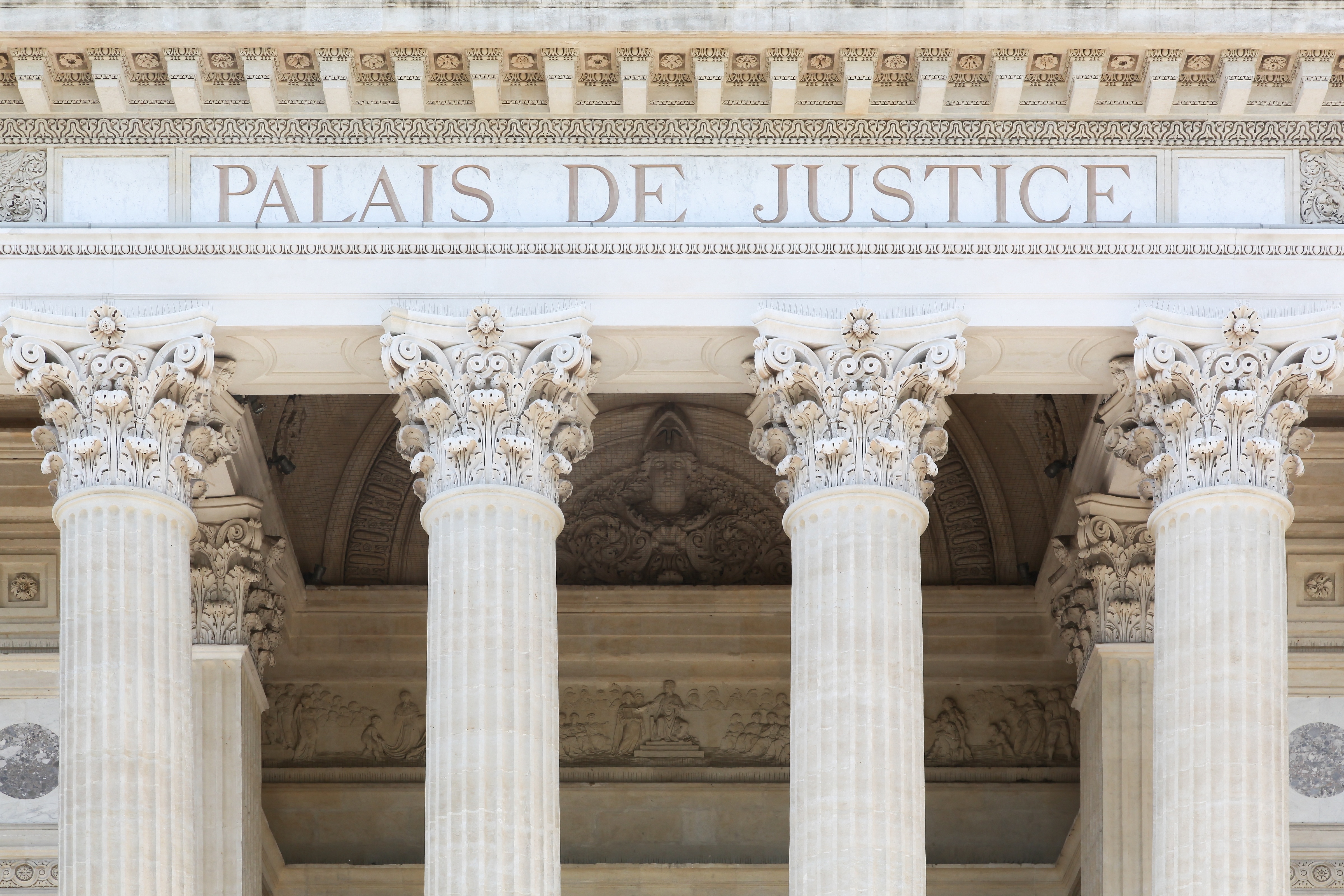Magisterial Inquiry: Chetcuti cleared, Media chiefs charged
Chetcuti Cauchi filed a criminal complaint against media company Group M6 and the producers Ligne de Front. A Magisterial Inquiry was set up and found sufficient evidence to prosecute them. Since then, the inquiry was concluded and the two media executives were arraigned in front of the French Criminal Court. Later they were found guilty of criminal defamation.

UPDATED 2023: In 2019, Chetcuti Cauchi had already obtained the raw footage by court order, revealing that the claims were fabricated by the French media house. In 2023, Chetcuti Cauchi went on to win a landmark defamation case against media group M6 and production company Ligne de Front. The two media executives challenged the use of own footage as evidence against them and backtracked on allegations. The Court of Criminal Appeal found both media executives guilty of "dishonest and criminally reprehensible conduct" and a "distortion of the facts in bad faith."
Chetcuti Cauchi Magisterial Inquiry
After allegations of preferential treatment in investor citizenship applications surfaced, Chetcuti Cauchi obtained a court decree ordering the publisher, M6 Group, to hand over the original recording. The Court found the M6 Group guilty of obstruction of process and imposed a daily fine of €1,000 for delaying the handing over of the recordings, ordering M6 to hand over the recording immediately. In January 2020, Jean-Philippe Chetcuti published the footage to demonstrate that nothing in the recordings substantiated the claims made by the producer in his voice-over. Rather, the raw footage shows how, even tested in hidden-camera circumstances, the Maltese law firm honourably represented the strictness and seriousness of the IIP's due diligence standard, as well as the selectiveness of the firm's client on-boarding rules. This aligns with the conclusion of the Maltese Citizenship Regulator, that found no evidence of any preferential treatment being given to the firm and that the volumes of applications processed by the firm were approved on there own merits.
In the same month, Jean-Philippe Chetcuti Cauchi filed a criminal complaint against M6 Group CEO Nicolas de Tavernost, for misrepresenting the contents of the recording of the meeting. In October 2020, after delays due to the COVID-19 epidemic, an investigating judge was appointed to conduct a magisterial inquiry into the actions of M6 CEO.
Magisterial Inquiry finds sufficient evidence against French media executives
Our legal correspondent followed up on the proceedings of the investigating judge conducting a magisterial inquiry into the actions of Nicolas de Tavernost CEO of the French media group M6. After interrogations, the Magisterial Inquiry concluded there was sufficient evidence for the publishing group CEO and the CEO of the production company to be arraigned before the Criminal Court on charges of criminal defamation.
Tavernost was indicted on the 24th March 2021 and arraigned before the Criminal Court of Paris on the 23rd June 2021, accused of criminal defamation.
Related:
Complete Exoneration for Chetcuti Cauchi; “No Evidence of Collusion,” Citizenship Regulator
French Court of Appeal finds Journalists guilty of criminal defamation
Defence sought to exclude damning footage
Defense submissions viewed by this portal request that the judge expunge the original footage presented by the complainant, Chetcuti, as evidence of defamation, and remove it from the case. French legal experts have informed us that French criminal law does not permit the complainant to seek a court order that forces the defendants to present self-incriminating evidence. However, the standard defense in a criminal defamation case is the defense of truth, which aims to show that the allegations made by the media were indeed true, supported by evidence. Legal experts have found this twist in the case to be indicative of the possibility that their own footage would disprove the journalists' allegations and could serve to incriminate them.
Facing criminal charges, media executives back down on allegations
In an even more surreal twist, the publisher Nicolas de Tavernost of Groupe M6 denied making any claims of impropriety, and changes the tune of his statements claiming:
“The plaintiffs (Chetcuti) are thus presented as highly efficient professionals for their clients, in the absence of being able to appeal rejection decisions, knowing then how to implement other available remedies, of which there is nothing to indicate that they would be illegal.”
But the Court would have nothing of it. In its appeal judgement in respect of "Enquête Exclusive" producer Ligne de Front CEO, the Court noted that:
in his conclusions, Bernard DE LA VILLARDIERE indicates that the rushes demonstrate "nothing except that the law firm is indeed opposed to assisting clients with a criminal past", but that, contrary to what he claims, the statement pursued suggests the opposite.”
Appeal Court finds Publisher & Producer guilty of criminal defamation
The Court of Criminal Appeal allowed the original footage exhibited by Chetcuti to be used as evidence. As a result, in what the Court described as "dishonest, criminally reprehensible conduct" , the Court found Nicolas de Tavernost, chairman of Groupe M6 and Bernard de La Villardière, CEO of production company Ligne de Front, both guilty of criminal defamation, given that their voiced-over allegations did not correspond to the underlying footage and were a “distortion of the truth” committed in bad faith.
Related:
“Distortion of the facts”: French media executives guilty of libel in Chetcuti Cauchi case."